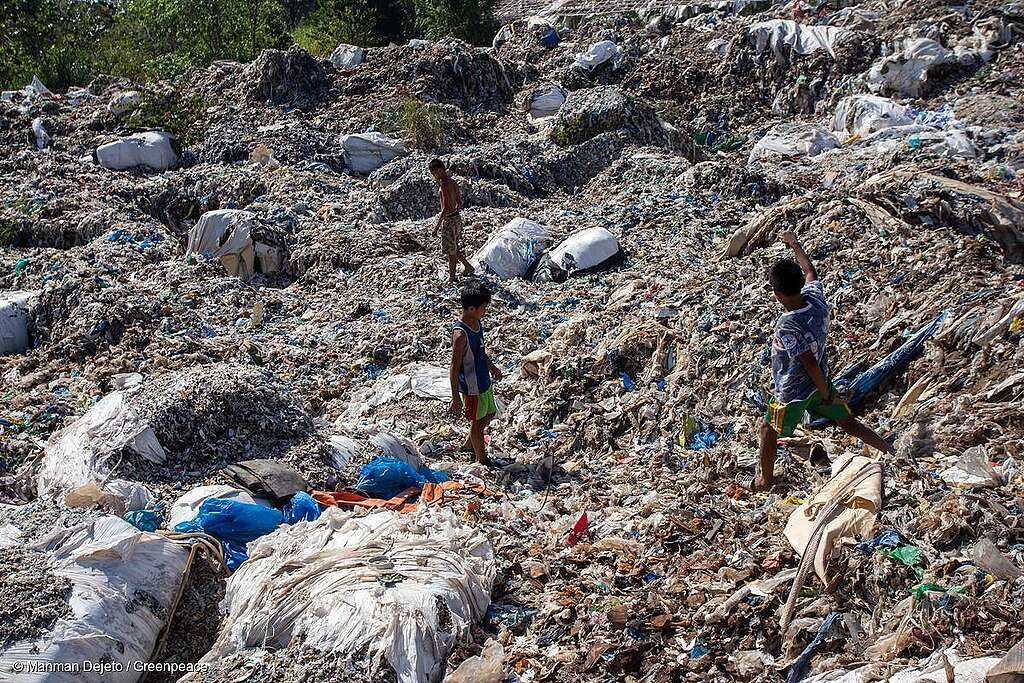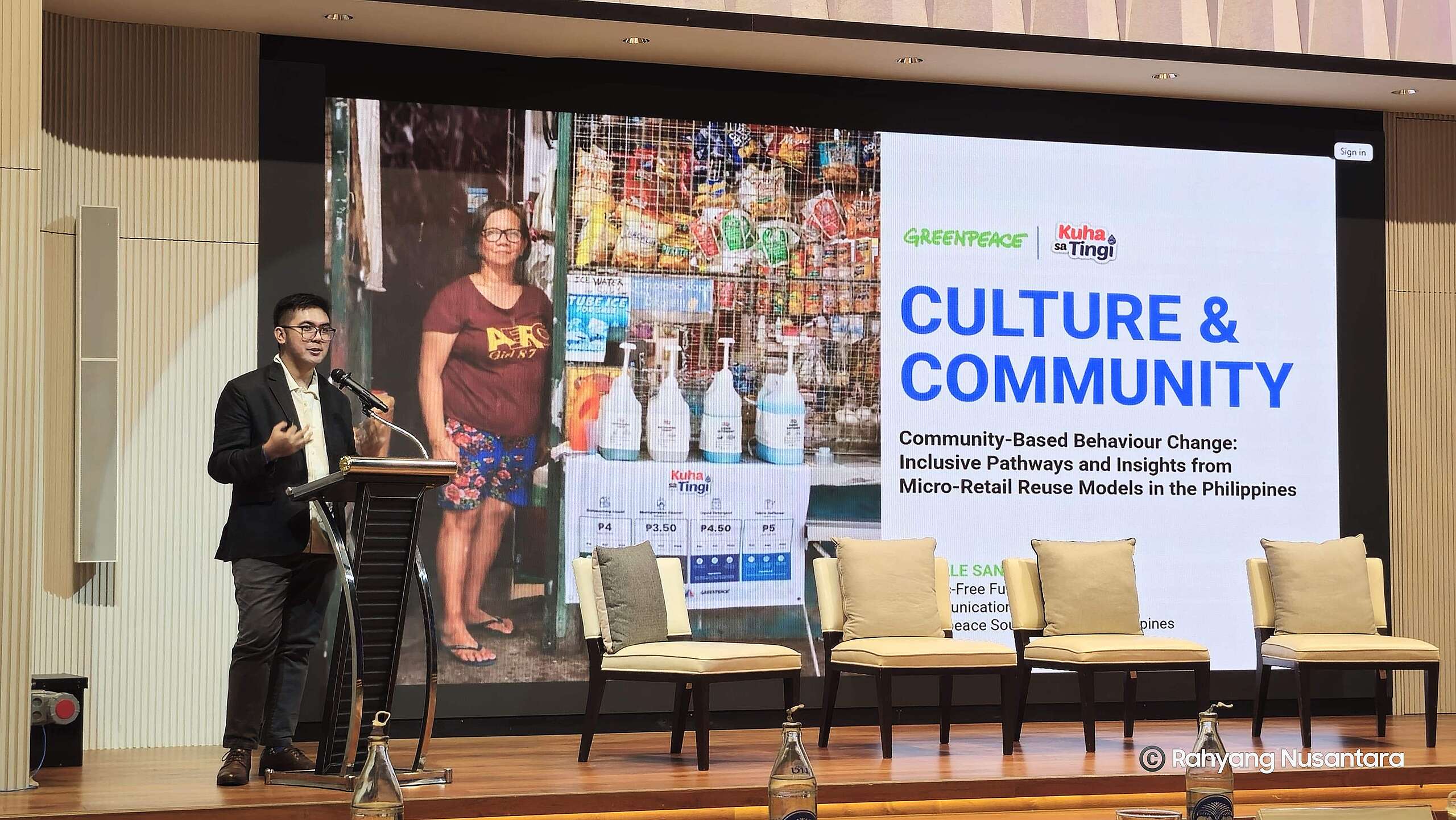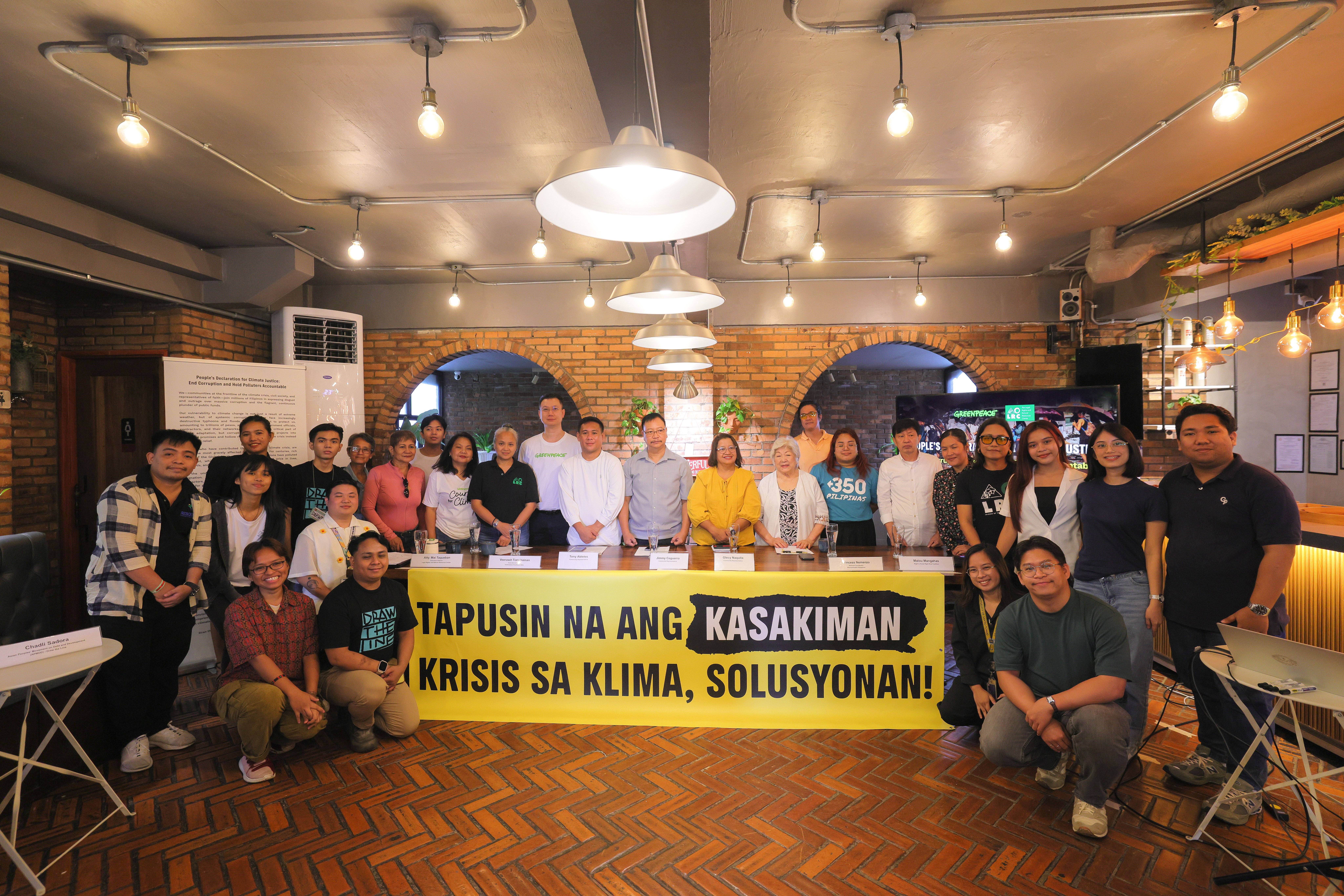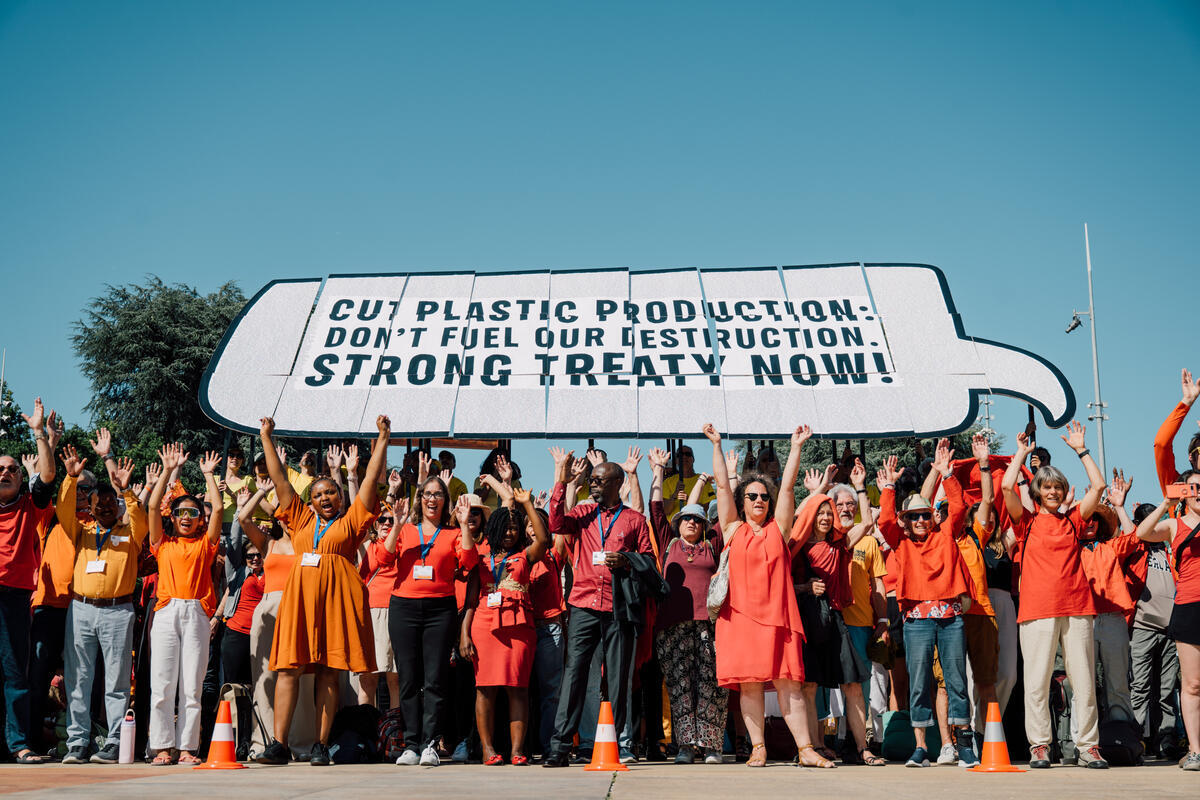
Growing up in the Philippines, we all experienced eating biscuits wrapped in single-use plastic packaging, drinking sodas from transparent plastic bottles, and using disposable plates and cutlery at every party. In this plastic era, we unconsciously became overly dependent on this synthetic material due to its low cost and easy accessibility. Plastic is everywhere we look, and our country’s fight against plastic pollution remains fragile due to inadequate regulations governing its production and use.
During rainy days, the streets are often inundated with murky brown waters carrying plastic items. Yet, the ordinary Juan seems unfazed, proudly celebrating their resilience. Our culture has conditioned us to believe that faith and resilience are sufficient when facing calamities and disasters. However, the alarming effects of climate change and pollution we now face challenge this belief.
As a response to the plastic problem, we turned to paper alternatives, such as straws and grocery bags, in an effort to reduce plastic usage. However, we soon realized that more substantial actions were necessary. Paper straws alone cannot save the turtles or prevent floods in our streets. As a developing nation, our capacity to address the plastic crisis is limited. Despite local efforts to solve the plastic crisis, the Philippines remains one of the most vulnerable countries to the impacts of plastic pollution.
The fundamental question is: How can we reduce plastic usage if big corporations continue to package their products in plastic? The solution to minimizing plastic waste is already within reach, no matter how ambitious it may sound. That is, to hold all major plastic polluters accountable.
Through a Global Plastics Treaty, we can ensure a plastic-free future for future generations by transitioning to a more sustainable approach that limits plastic production and usage through a circular economy. In our pursuit of climate justice, countries in the Global North, like the United States, France, and Canada, must take the lead in this treaty. It should go beyond mere recycling and trace the entire lifecycle of plastics, providing us with a clearer understanding of the challenges we face and equipping us for this fight. Furthermore, regardless of the negotiation outcomes, it is crucial to recognize that achieving success requires concerted efforts from everyone, especially governments and businesses.
Moving towards a plastic-free world is a challenging journey. To achieve a plastic-free society, we need to unlearn our culture of using plastics in our everyday lives. While Filipino faith and resilience may not be sufficient on their own, they can bolster our longstanding battle against plastic pollution. As long as we continue to envision actions that liberate us from plastic’s grip, hope for a livable and sustainable future will endure. As the present generation of youth, we must embrace ambitious aspirations for a plastic-free world, guided by a collective sense of responsibility and a genuine commitment to transform our visions into reality.
###
Kurt Alec Mira and Roma Reign Molina are members of EARTH-UST, an environmental student organization in the University of Sto. Tomas in Manila City.



